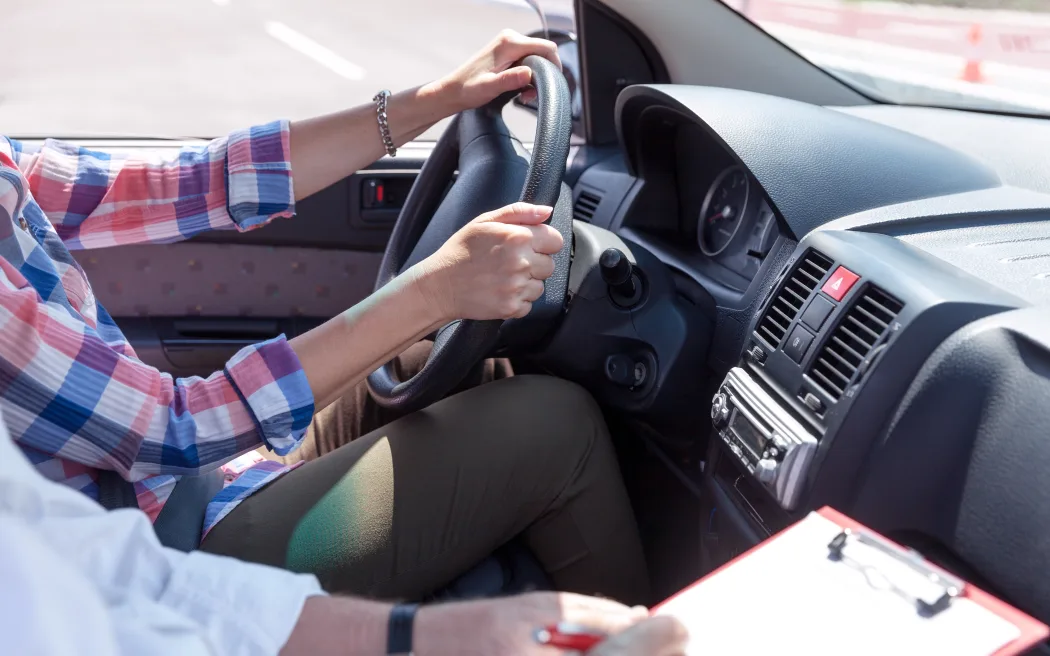Driving change for better road safety
RNZ
09 September 2025, 9:15 PM

The government is proposing changes to make getting a driver licence easier, including scrapping the full license test. But with more than a third of drivers failing that test, experts have concerns.
Almost 40 percent of New Zealanders are failing their full licence test the first time around, leaving experts wondering why the government wants to get rid of it.
An announcement on the plan is expected soon, with final changes coming into effect mid next year.
Among the changes, which Transport Minister Chris Bishop initially announced in April, are losing the full licence test, reducing the number of vision tests, introducing a clean driving record mandate and a zero-alcohol limit for all learner and restricted drivers.
The primary focus is efficiency - Bishop says he wants to make getting a full licence more accessible, efficient and affordable. However, the New Zealand Automobile Association (AA) is concerned the changes don't go far enough in improving road safety.
"We really want to see more of a focus on 'let's actually try and lift the standard and quality of our driving in New Zealand'," AA road safety spokesperson Dylan Thomsen says.
"Let's not just try and not make road safety any worse, let's try and make it better."
New Zealand has one of the worst youth road safety records in the developed world. In 2023 drivers between the ages of 15-24 were responsible for 75 fatal crashes. Almost 90 people in the same age bracket died and more than 600 were seriously injured.
Thomsen says a major contributing factor is our licensing system because while we currently have two practical tests - something many other countries do not - we have far less emphasis on preparation and training.
"We are a big outlier in terms of it being quicker and easier to get a driver's licence than any other country around the world," he says.
Thomsen says all the other countries AA looked at have requirements for a minimum number of hours of supervised practice that learners need to clock before they can get a licence.
"So we think New Zealand should follow suit and we would like the government to say 'as a learner you need to clock up at least 60 hours of practice before you can go and sit your restricted test," he says.
Thomsen adds that AA also proposes extending the period someone is on a learner license from six to 12 months.
Mark Revill-Johnson, the president of the New Zealand Institute of Driver Educators and a driving instructor himself, says the proposed changes have little to no emphasis on training and with about 40 percent of people failing their full licence test, he doesn't support getting rid of it.
"If you look at that from an instructor's point of view, I would expect that someone on a driving test would be on their best behaviour so if 39 percent of people are failing on their best behaviour, what are those people like when they're driving without supervision, without being on the test?"
Revill-Johnson agrees with AA that introducing a mandatory number of supervised driving hours for those on their learner and restricted would go a long way in improving driver competence and road safety.
"Actually being in the vehicle and doing it is probably one of the best ways to pick up experience and that should always be supervised in those early days because the one thing the novice driver lacks is the experience to be able to see if something is about to go wrong," he says.
Revill-Johnson says those hours should be a combination of driving with parents and an instructor.
"The professional can pick up some of the finer details and some of the techniques that will cause problems.
"But I don't think I would be naive enough to suggest that people would pay for 120 hours of lessons with a driving instructor, it's time behind the wheel that counts, so time with mum or dad is also vital," he says.
He also thinks there needs to be more structure around what drivers need to learn before being let out on the road without supervision.
"Let's make sure they can drive in a motorway situation, let's make sure they can drive on a rural high-speed road, make sure that they can drive at night, make sure that they can drive in bad weather conditions and in town situations," he says.
He says most of the mistakes he sees daily are easy fixes.
"Judgements of whether to go or not at an intersection ... we'll often see people who can pick a safe gap in a 50km zone but then struggle to adapt their perceptions to the higher speeds when they get on to open road."
Revill-Johnson understands that this kind of model for acquiring a driver licence may introduce extra cost and time requirements, but maintains it's a worthy change if it means fewer road deaths.
"What value do you put on your kid's life?
"Are we going to send them out unprepared or are we going to send them out as well prepared as we possibly can?
This story was originally published by RNZ



